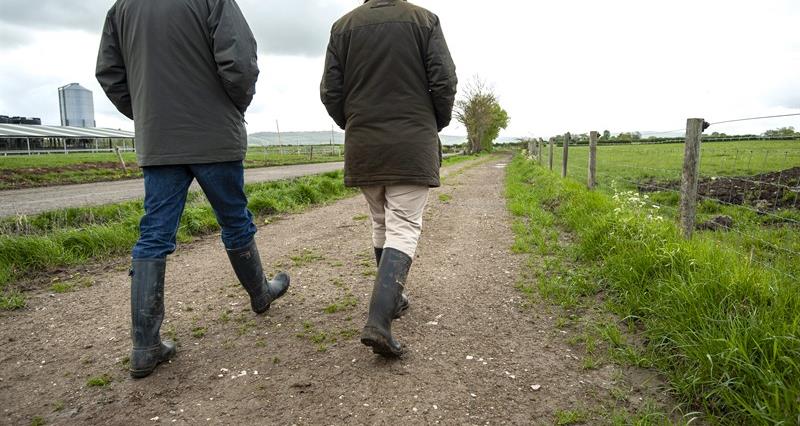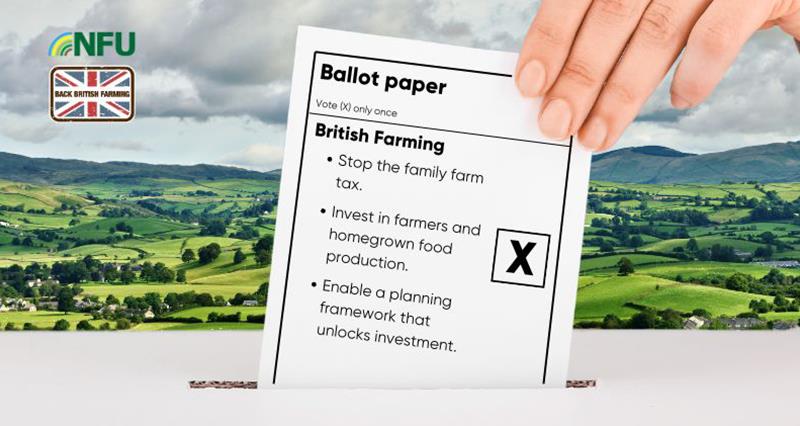Solidifying just how much has changed in the last four years, or even in the past 10 months, both the Conservatives and Labour saw their local standings undercut by the ‘third party’ Liberal Democrats and the rise of Reform UK.
Alongside winning the Runcorn and Helsby by-election by just six votes, Reform UK gained 677 councillors taking control of 10 councils across England as well as the mayoral offices of Greater Lincolnshire and Hull and East Yorkshire.
Meanwhile, the Liberal Democrats gained control of three local councils with 163 new councillors elected in the contested areas.
Though the Labour Party lost 187 councillors, they managed to hold the mayoralties in Doncaster, North Tyneside, and the West of England while the Conservatives gained a mayor in Cambridgeshire and Peterborough but saw the biggest loss with 674 local councillors unseated and the 16 Conservative-controlled councils up for election reduced to zero.
Engaging with your local councillor
It should be noted that this year’s recent elections only included a small proportion of English-only councils. Labour, the Conservatives, and the Lib Dems all still make up over half Britain’s total councillors in Great Britain.

Data: and .
Just as the external affairs team closely monitors parliamentary activity to identify opportunities to engage with, and lobby, political stakeholders in Westminster, it is crucial that NFU members continue to build meaningful relationships with local decision makers.
Given the recent change in local politics across some areas of England, NFU members may want to engage with councillors and councils, alongside your continued engagement with MPs.
This is particularly important, and effective, following such a change in election results. On the one hand, many of those just elected as councillors will be first-time councillors looking to get a foot in the door of local affairs.
On the other hand, those who have suffered such widespread defeats in last week’s election, Labour and the Conservatives in particular, will be looking to understand why local communities chose to vote in favour of other parties and will be thinking of ways to rectify this for the future.
What can councillors and mayors decide on?
Our previous article on inviting MPs to your farm sets out the best ways to get across your specific local issues as well as those challenges facing farmers across the country.
Much of this translates to engaging with councillors, but it is worth highlighting the difference in power that councillors have in comparison to MPs. In particular, is the key role local authorities play in developing local policy to tackle local issues as well as deciding the provision of public services and decisions on regional planning, infrastructure, and environmental regulation.
Meanwhile, the 25 directly elected mayors in England (metro mayors) chair groups of local councils called combined authorities. Mayors have their specific powers and budgets set by Westminster, with six of these metro mayors up for election last week.
These directly elected mayors tend to have similar focuses to local councils but on a larger scale, with a particular responsibility for providing local leadership and accountability as the single point of contact between their region and central government. Policy areas include aspects of transport, infrastructure, housing, and local investment.
Though they can influence local council tax levels through setting budget expectations, mayors do not have the power to change national taxes like income tax, VAT, national insurance contributions, or inheritance tax. Mayors also cannot dictate international policy such as border security, nor can they make immediate employment changes at a local level.
As the dust settles from the local elections, the NFU will continue to engage with all political stakeholders across the whole political spectrum. NFU President Tom Bradshaw has already written to the newly elected MP for Runcorn and Helsby, Sarah Pochin, and our regional teams are reaching out to our new local councils.
We’d encourage members to do this same. If you need help and advice please contact your regional NFU office.



